Messiah, Part I
0:06 Sinfony (Grave)
1:38 Sinfony (Allegro)
3:57 Recitative: Comfort ye, my people
7:13 Aria: Ev’ry valley shall be exalted
George Frideric Handel (1685-1759) composed the oratorio Messiah, his greatest opus, in a frenzied flurry of inspiration while sequestered in his London apartment for 24 days. His audience at the 1742 premiere in Dublin, Ireland were enthralled despite the absence of elaborate stage sets, special effects, beautiful costumes or any other operatic gimmicks. Handel had a knack for musical drama having honed his skills writing some of the greatest Italian operas of his generation in his earlier days. After Dublin, he brought his magic home to England to raise money for the Foundling Hospital of London. And there, until his passing in 1759, he continued to raise money for the children of the orphanage with annual concerts featuring full performances of the Messiah.
The lyrics for Handel’s oratorio were adapted from the pages of the King James Bible by his friend and patron Charles Jennens, an evangelical Anglican. The text of the recitative “Comfort ye, my people” and the aria “Every valley shall be exalted” were paraphrased from Isaiah 40. The words expressed the hope for a brighter future for the Israelite nation which had been conquered in the 6th century B.C.E. by Nebuchadnezzar and held captive by subsequent Babylonian kings for generations.
The soundtrack for this latest rendition was generated using the VOCALOID 4 voice encoder (Yamaha) featuring the Cyber Songman voice bank; the instrumental parts were simulated using the iPhone app Music Studio 2. I added natural dynamics in the singer’s voice, vibrato on the long notes and an overall more legato line. My ensemble consists of violins, violas, cellos, double bass, theorbo, organ and harpsichord – as was typical of early 18th century chamber groups. We know that Handel had, at his disposal, violins, trumpets, harpsichord and organ. Other doubling instruments, like oboes, bassoons and flutes, were described only in later performances. The modern score that I used was created by J. Wagner in MuseScore format.
Illustrations:
1. Original manuscript, Grave movement from the Messiah Overture, British Library, London, This is a photo of the original 1741 autographed edition in Handel’s own handwriting. It was likely used by the conductor in his earliest Messiah performances.
2. Fishamble Street Musick Hall (now Neal’s Theatre), Dublin, Ireland, the location of Handel’s world premiere of Messiah in 1742
3. Foundling Hospital Chapel. This was the site of Handel’s fundraising campaign for the orphans of London that continued until his death in 1759
4. The public performance hall of the Foundling Hospital in London
5. Original manuscript, Allegro movement from the Messiah Overture, British Library, London, 1741 manuscript.
6. Carl Friedrich Abel with viola da gamba, Thomas Gainsborough, c.1765.
7. Harpsichord, Italian or Austrian, c1650, Courtauld Institute, London.
8. Francesco Geminiani, composer and violinist in London who was a close of colleague of Handel
9. Score of “Comfort ye,” 1741 manuscript
10. St. Paul’s Cathedral, Giovanni Antonio Canaletto, c1754
11. Handel House Museum, London (Handel likely composed Messiah in this apartment room which he rented from 1723 until his death in 1759)
12. Covent Garden Piazza and Market, Joseph van Aken, c1740 (Handel’s old stomping grounds. Handel conducted the Messiah and countless operas at the Theatre Royal which once stood at one end of the piazza).
13. Ascension of Christ, Great Witley Church Worcestershire, Antonio Bellucci, c1720
14. Handel portrait with a score of Messiah on the music stand, Thomas Hudson, 1756
15. Mid-18th Century orchestra in rehearsal
16. View of London and St. Paul’s Cathedral, Antonio Joli, c1744
17. Score of “Ev’ry valley,” 1741 manuscript
18. Jesus ascending, John Singleton Copley, 1775
19. View of the Thames, Giov. Ant. Canaletto, 1747
20. Musical party, William Hogarth, c1730
21. Sense of Hearing, Phillip Mercier, 1747
22. Handel statue at Vauxhall (a popular venue for outdoor performance), Louis-François Roubiliac, 1747


![Monopoly for the Monarch fundraiser at Eastmont March 24 [Video]](https://video.travel4meaning.com/wp-content/uploads/2024/03/mp_213988_0_2a3b23f8c54511eaa4d05f948ef847e8jpg.jpg)
![The Ultimate Game-Changer or a Risky Move? Lets Find Out! #shorts [Video]](https://video.travel4meaning.com/wp-content/uploads/2023/05/mp_145004_0_0jpg.jpg)
![Unicorn sculpture damaged before trail even begins [Video]](https://video.travel4meaning.com/wp-content/uploads/2023/06/mp_152179_0_ButterflyConcertounicornBristolphotoCheba800x450jpg.jpg)
![ST.Teresa Church Morden [Video]](https://video.travel4meaning.com/wp-content/uploads/2022/04/mp_30543_0_0jpg.jpg)